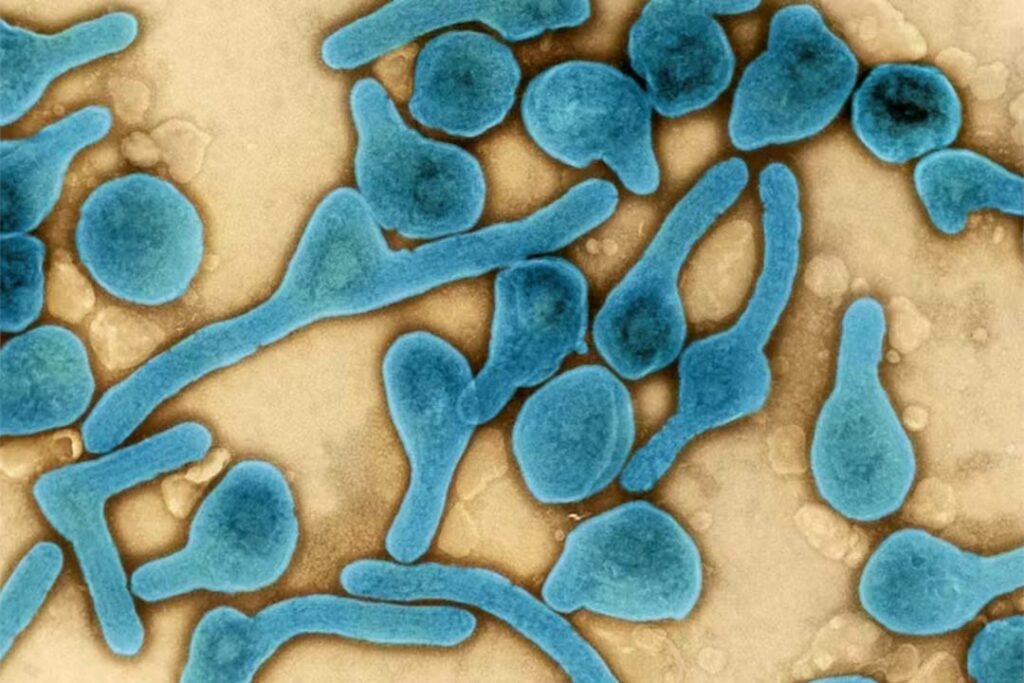Since the first case of the Marburg virus disease in Equatorial Guinea eight additional laboratory-confirmed cases of Marburg virus disease (MVD) have been reported in Equatorial Guinea. This brings the total to nine laboratory-confirmed cases and 20 probable cases since the declaration of the outbreak in February 2023.
Read More: United Nations: Water Management Top of Conference Agenda
There are seven deaths among the laboratory confirmed, and all probable cases are dead. Of the eight new confirmed cases, two were reported from the province of Kié-Ntem, four from the Litoral, and two from Centre- Sur provinces. The areas reporting cases are about 150 kilometers apart, suggesting wider transmission of the virus.
WHO has deployed experts to support national response efforts and strengthen community engagement in the response. MVD is a highly virulent disease that causes haemorrhagic fever, and is among the viral haemorrhagic fevers that require assessment under the International Health Regulations.WHO assesses the risk posed by the outbreak as very high at the national level, moderate at the regional level, and low at the global level.
Marburg virus and the closely related Ravn virus are the causative agents of Marburg virus disease, which has a case-fatality ratio of up to 88%. Marburg virus disease was initially detected in 1967 after simultaneous outbreaks in Marburg and Frankfurt in Germany, and in Belgrade, Serbia. Rousettus aegyptiacus fruit bats are considered natural hosts for Marburg virus, from which the virus is then transmitted to people.
Read More:East African Govts Urged to Allocate Proper Water Budget
WHO recommends that male survivors of MVD practice safer sex and hygiene for 12 months from onset of symptoms, or until their semen twice tests negative for the Marburg virus. Contact with body fluids should be avoided and washing with soap and water is recommended. WHO does not recommend isolation of male or female convalescent patients whose blood has tested negative for the Marburg virus.
